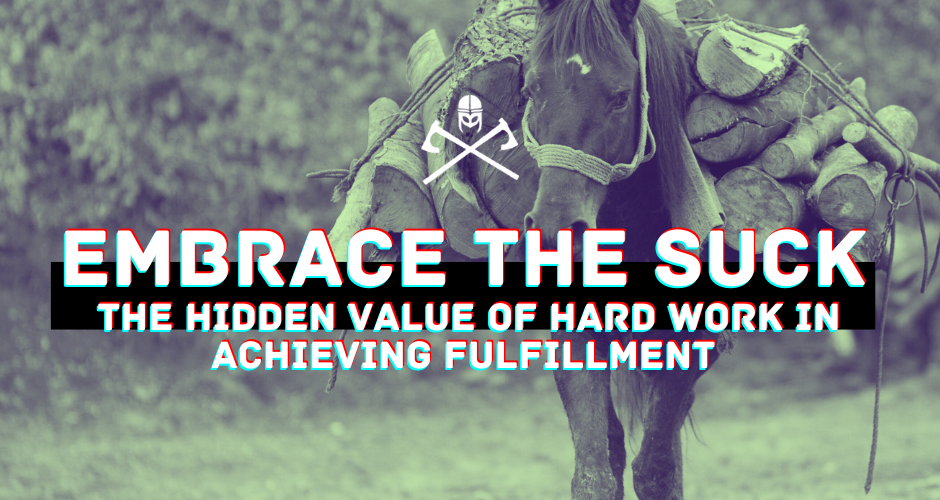
by Gene Crawford | Mar 25, 2024 | Podcast
Have you ever worn a cloak of shame so heavy it seemed impossible to shed? Astrodemus of Sparta did, and his story of disgrace transformed into honor is a testament to the human spirit’s relentless pursuit of redemption. Journey with us through ancient battlefields as we unravel the gripping narrative of a warrior who rose from the ashes of humiliation at the Battle of Thermopylae to a valorous end at Plataea. We’ll dissect how Astrodemus’ tale, echoed in novels and films, speaks to the broader themes of overcoming stigma and redefining what it means to reclaim lost dignity. It’s a tale of how the echoes of the past still resonate with our struggles today.
But why does Astrodemus’ story matter to us? The episode pushes further, drawing parallels between the ancient Spartan’s journey and our own battles with adversity in today’s world. In a segment that contrasts the Spartan’s physical trials with modern-day challenges, we touch upon how voluntarily facing hardship, as taught in programs like Mark Divine’s Seal Fit and the practices of shugyo, can shape our character and fortify our resolve.
This podcast takes you through the concept of ‘voluntary hardship’ – a transformative tool for character building. It’s about pushing ourselves beyond comfort to grow stronger, both mentally and physically. As we draw from the wisdom of SealFit and shugyo, we realize the powerful impact such practices can have on our personal development.
(more…)

by Gene Crawford | Mar 17, 2024 | Podcast
We’ve all heard the adage, “No pain, no gain,” but what truly lies behind the veil of relentless effort and the sacrifices it demands? Check out this episode as we seek to unravel this very problem.
Join us as we pay tribute to the grind found in hard work and the sacrifices that come with it, a theme that resonates deeply with our community here at Warrior Mindset. This episode is a heartfelt reflection on the periods of intense activity that challenge us both professionally and personally, like renovating a property or making significant lifestyle changes, such as giving up caffeine or getting other health issues in check. We tackle the contentious issue of work ethic and societal expectations. We celebrate the sheer tenacity it takes to embrace the grind, reminding ourselves that it’s often more of a marathon than a sprint.
Whether you’re gearing up for a demanding new chapter or seeking to create an environment where hard work can truly thrive, this episode offers insights and encouragement for anyone about to embark on a rigorous journey. Listen in for an enriching discussion that will leave you contemplating your own hard work narrative and how it fits into the grand tapestry of life’s pursuits.
(more…)

by Gene Crawford | Mar 11, 2024 | Podcast
There are journeys that challenge the body, and then there are those that transform the soul. In this captivating episode we’re taken along on one such transformative journey—the Camino de Santiago.
The episode unfolds with Andrew Askins, where his tale becomes more than just an exploration of an ancient trail; it’s a testament to the bonds of friendship and the birth of unexpected passions. Andrew’s account of his spiritual and physical pilgrimage along the ancient Camino de Santiago reveals a profound truth: resilience and camaraderie are transformative powers that guide us through life’s challenging paths.
What is it about the Camino that inspires such profound reflection? Perhaps it’s the shared struggle, a “trauma bonding” of sorts, as Andrew suggests. There’s something about enduring the grueling task of a 500-mile hike that fosters deep connections, akin to those forged in the disciplined practice of martial arts or the challenges of running a business.
The episode is a call to embrace minimalism and the essence of life unveiled on an ancient trek of transformation. As Andrew shares reflections on the Camino, we’re reminded of the importance of taking a break to reset not just our minds but also our hearts. It’s an invitation to step off the beaten path and discover that the most rewarding destinations often lie beyond the familiar.
(more…)

by Gene Crawford | Mar 3, 2024 | Podcast
In the world of martial arts, there are many styles, each with its own unique philosophy and approach to combat and personal development. Among them stands Kyokushin Karate, known for its intense physical and mental discipline. The latest episode of our podcast delves deep into the heart of this martial art, drawing inspiration from its founder, Mas Oyama, and exploring the indomitable legacy he left behind.
Masutatsu Ōyama’s teachings transcend the confines of time, continuing to inspire martial artists across the globe. His book, “This is Karate,” is not just a manual of techniques; it’s a manifesto of the warrior spirit. As the founder of Kyokushin, his story is one of cultural heritage and the pursuit of excellence, both in martial arts and in life.
This episode pays homage to his life’s work, exploring the rigorous training techniques and the legendary 100-man kumite challenge. It’s an insight into how Mas Oyama’s philosophy fosters mental resilience and strength in practitioners, proving that Kyokushin is more than just a form of self-defense—it’s a transformative journey.
This is more than just a discussion; it’s a call to action. A call to embrace the warrior spirit within and embark on a journey of self-improvement through the discipline of karate. It’s an invitation to step onto the path of Kyokushin, to test your limits, and to transform not just your body, but your entire being. Whether you’re a seasoned martial artist or someone seeking a new path to personal growth, this episode offers valuable insights into the world of Mas Oyama’s Kyokushin Karate and the transformative power it holds. Join us in this deep dive into martial arts and awaken the warrior spirit that resides in us all.
Check out Part 1 of the Mas Oyama series here.
(more…)

by Gene Crawford | Feb 25, 2024 | Podcast
When Dr. Peter Attia’s book “Outlive: The Science of Art and Longevity” hit the shelves and he started making the Podcast Rounds, I found myself both challenged and enlightened by the hefty content he presents. Let’s face it, his approach and teaching is dense, but the promise of unlocking the secrets to a longer, more vibrant life is worth the effort. We kick off the episode by unpacking the intricacies of lifespan, health span, and longevity, along with Attia’s preventative health strategies that transcend the typical advice. It will leave you considering not just how long you live, but how well.
Have you ever wondered if you’re investing enough in your physical health to reap the long-term benefits? We address the pivotal role of physical activity, emphasizing that diet alone won’t get us to our best selves. The surprising effects of exercise on conditions like type two diabetes are profound, and we debunk the myths while discussing the psychological barriers that might be holding you back from starting. Rounding off this episode as a sort of book review, we delve into a resource rich with scientifically backed advice on exercise, nutrition, sleep, and mental health. For those of you aiming to enhance your lifestyle, this episode isn’t just informative—it’s a call to action for a healthier, more conscious existence.
(more…)





